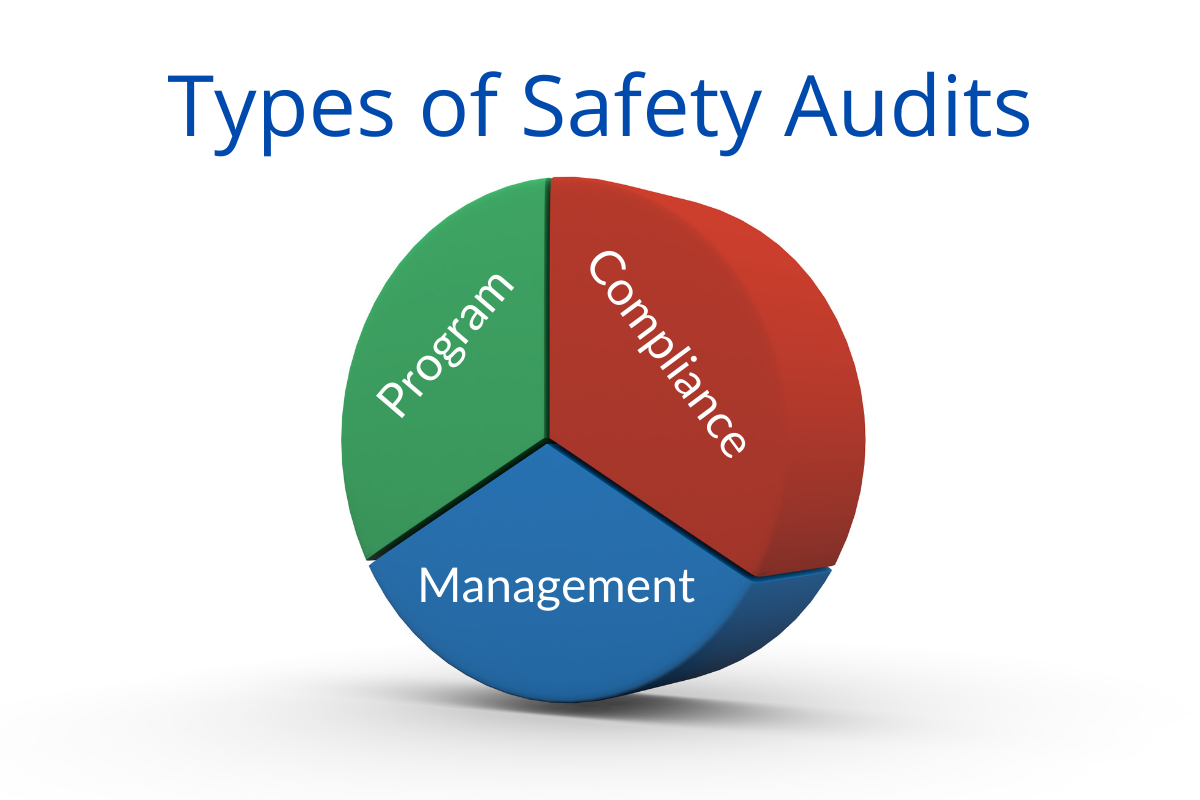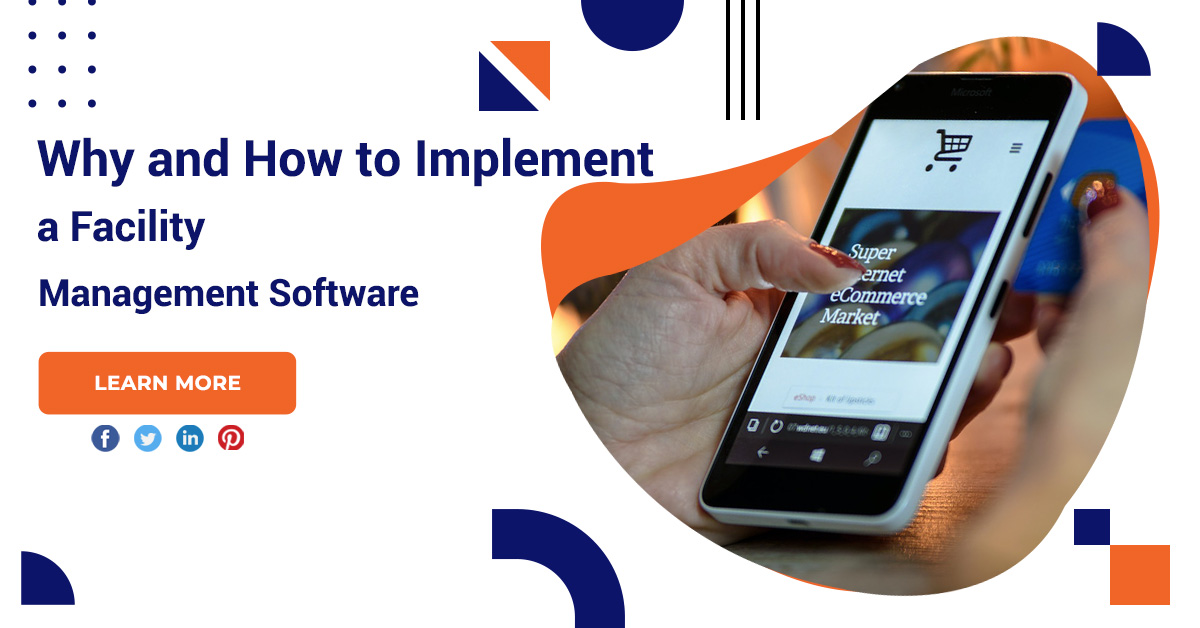Why And How To Implement A Facility Management Software?
Implementing a Facility Management Software can be a game-changer for organizations looking to streamline their operations and enhance overall efficiency. This software is designed to centralize and automate various aspects of facility management, from maintenance to space planning.
Facility management software
Facility management
Facility management involves the efficient management of physical spaces, assets, and resources within an organization to ensure optimal functionality and support for the core business. This multifaceted discipline encompasses various areas such as maintenance, space planning, safety compliance, and overall infrastructure management.
Facility management software types
Integrated workplace management system
IWMS is a comprehensive software solution that integrates various aspects of facility management, including real estate management, space optimization, facility maintenance, and more.
Device management using a computer
This type of software focuses on managing devices within a facility, such as HVAC systems, lighting controls, and security systems. It allows for centralized control and monitoring, enhancing energy efficiency and overall operational control.
Computerized maintenance management system
CMMS is dedicated to managing and optimizing maintenance activities. It helps in scheduling preventive maintenance, tracking work orders, managing inventory, and ensuring the longevity of physical assets.
Enterprise asset management
EAM software is broader in scope, covering the entire lifecycle of an organization’s assets. This includes acquisition, maintenance, utilization, and disposal. It aids in strategic decision-making regarding asset investment and management.
Building management software features
Simplified work order management
FMS facilitates the creation, assignment, and tracking of work orders. This streamlines maintenance processes, ensuring timely resolution of issues and minimizing downtime.
Asset tracking and management
The software allows for centralized tracking of all physical assets, from equipment to furniture. It ensures optimal utilization and enables better decision-making regarding asset maintenance or replacement.
Space optimization
FMS provides tools for efficient space planning and utilization. This includes desk booking systems, meeting room scheduling, and overall workspace optimization to enhance productivity.

Compliance and safety features
Ensure compliance with safety regulations through features that track and manage safety protocols, inspections, and emergency response plans.

Conclusion
Facility Management plays a pivotal role in modern organizations, offering a digital solution to manage complex facility-related tasks. FMS contributes to the overall efficiency and effectiveness of facility management, aligning with the broader goals of the organization.







